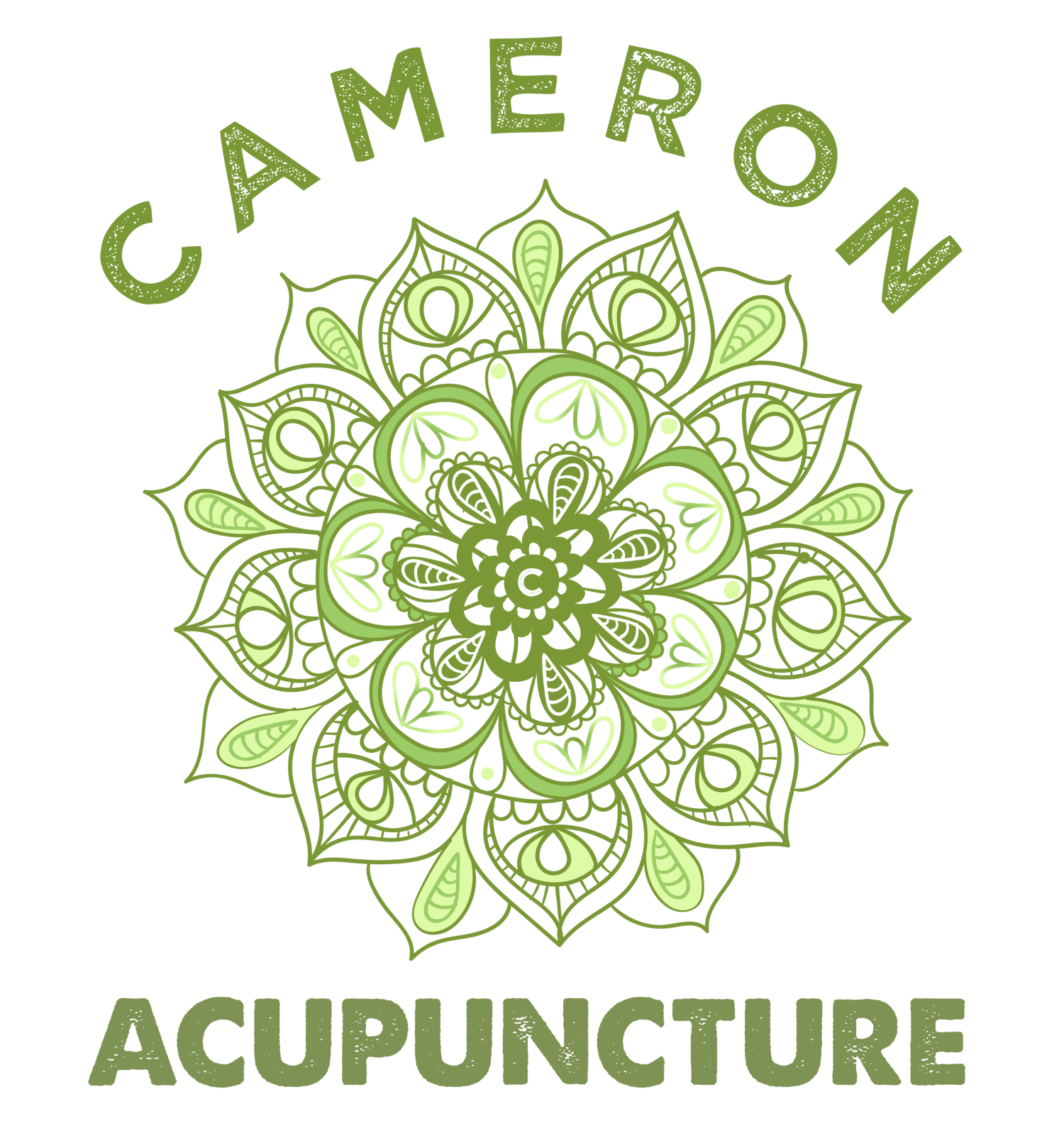Acupuncture
WHAT IS ACUPUNCTURE?
Acupuncture has been used as a primary health care system of China that can be traced back at least 6,000 years. It involves the insertion of very thin, disposable and sterilized needles into specific acupuncture points that run along a meridian to stimulate and balance the qi (energy flow). This harmony allows the body to repair itself and maintain health. Depending on the patient and the condition being treated, the number of needles inserted varies. It is a safe, painless, and effective way to treat a wide range of medical problems. Overall, acupuncture is used traditionally to prevent, diagnose and treat the disease.
WHAT IS QI?
Qi means life energy, energy flow or life spirit, a vital force that flows through all living things. In TCM, Qi flows smoothly throughout the meridians, but when Qi is blocked or unbalanced there is pain and illness. The blockage in the movement of qi is like a dam that backs up in one area of the body and causes the flow of energy to become restricted in other areas. The acupuncture needles unblock the obstructions at the dam and reestablish the regular flow through the meridians.
Poor nutrition, physical and emotional trauma, stress, seasonal changes, environment, injuries, malfunction of a organ or overexertion are among the many things that may affect the flow of Qi through the meridians.
HOW ACUPUNCTURE WORKS?
The main function of acupuncture is to regulate the circulation of qi (vital energy) and blood. By inserting and stimulating the body's various systems, acupuncture can help improve sleep, digestive function, help resolve pain, reduce inflammation, reduce stress and restores balance in the body.
Acupuncture is known to treat a wide range of disorders including neurological, cardiovascular, respiratory, endocrine, gastrointestinal, sporting injuries and psychological conditions.
Condition Treated
The World Health Organization (WHO) has complied a list of common conditions that respond well to acupuncture treatment and Oriental Medicine. Those conditions include:
Neurological conditions such as headaches, migraines, difficulty sleeping, nervous tension, stroke,facial neuralgia, trigeminal neuralgia, some forms of paralysis, , peripheral neuropathy, noises in the ears, dizziness, and Meniere's disease.
Cardiovascular disorders such as high or low blood pressure, fluid retention, chest pain, angina pectoris, poor circulation, cold hands and feet, and muscle cramps.
Respiratory conditions such as bronchial asthma, acute and chronic bronchitis, acute tonsillitis, rhinitis, sinusitis, hay fever, chronic cough, laryngitis, sore throat, influenza and the common cold.
Digestive system disorders such as toothache, hiccups, gastritis, heartburn, flatulence, IBS (Irritable Bowel Syndrome), diarrhea, constipation and weight control.
Urogenital disorders such as cystitis, prostatitis, low sexual vitality, urinary retention, kidney disorders and nocturnal enuresis.
Gynecological and obstetric disorders such as premenstrual tension, painful, heavy or irregular, or the absence of periods, abnormal uterine bleeding or discharge, hormonal disturbances, disorders associated with menopause, prolapse of the uterus or bladder, difficulty with conception and morning sickness.
Skin conditions such as eczema, dermatitis, psoriasis, nerve rash, herpes zoster, acne, scar tissue and hair loss and dandruff.
Eye conditions such as visual disorders, red, sore, itchy or watery eyes, conjunctivitis and simple cataracts.
Musculoskeletal disorders such as osteoarthritis, sciatica, lumbago, weak back, low back pain, rheumatoid arthritis, gout, shoulder and neck pain, 'frozen shoulder', and 'tennis elbow'.
Sporting injuries such as sprained ankles and knees, torn ligaments and bruises.
Psychological conditions such as depression, phobias, emotional disturbances, anxiety, nervousness and addictions such as smoking.
Please contact us if you have any questions about a condition not listed (512) 534-5404


